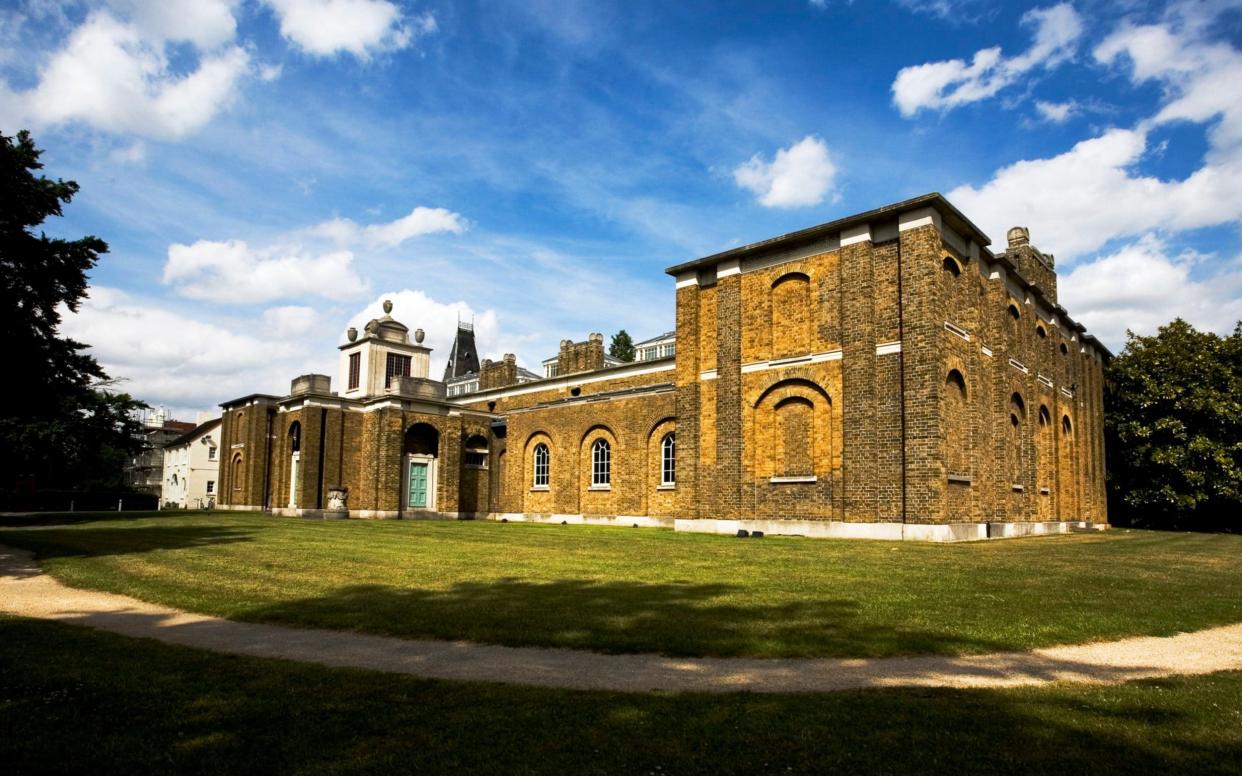‘Our whole business model crashed’: Dulwich Picture Gallery faces lockdown gloom again

The director of Dulwich Picture Gallery, the world’s oldest purpose-built public art gallery, has described the situation in the British arts as “like running a marathon, but somebody keeps moving the finish line”.
Speaking to The Telegraph for a forthcoming interview with Alastair Sooke, Jennifer Scott talked about the “trauma” of the first lockdown, and how her “whole business model just crashed”. The gallery, which houses a “world-class” collection of 650 paintings by the likes of Gainsborough and Rembrandt, had been due to re-open on November 21, having been closed since the original lockdown began in March.
Now, with the second lockdown beginning tomorrow, Scott has been forced to put her staff back on furlough, and “cancel training for everybody that was due to start at 9 o’clock on Monday”. The gallery will now resume operations “on a thread”, with a skeleton staff.
Dulwich Picture Gallery receives no regular public funding, but was recently granted £1.36 million from the Government’s Culture Recovery Fund. It has a sizeable endowment, valued in March last year at £26 million, but as Scott explained, under charity law this capital is untouchable, and though it is professionally invested, the income derived from that only accounts for one-fifth of the gallery’s annual operating budget of £4.6 million.
As a result, Scott says, lockdown appeared at first like a “worst-case scenario”. Even the word “lockdown”, she adds, seemed “so extreme… To begin with, I didn’t know what it would mean.” Thanks to market volatility, the gallery’s financial situation was precarious to an unprecedented degree. “I’ve never seen our investments hit so hard,” Scott explains. “We were losing millions of pounds. I stopped looking.”
She feared that, as the Government began to make decisions about emergency funding, Dulwich would (incorrectly) be seen as “just an old building, with some nice paintings, that nobody goes to, with nothing exciting about it. And what’s the point in that?”
Since then, she has taken a 20 per cent pay cut, and embarked on an overdue £1 million renovation of the 19th-century building. A £250,000 loan has been secured, using the gallery’s endowment as capital, and Scott hopes to recoup the remaining amount by 2023 through cost-saving. The whole collection has been rehung.
Scott says that multiple lockdowns are a possibility – “This could happen again” – and that with future restrictions highly likely, they will have to “think very hard about how we can reach audiences who can’t come to the gallery in [a] physical way”.
In the end, however, she’s optimistic. Art, she says, is “one of the essentials of life: the thing that expresses our humanity… The longer this goes on, the more we need the escape and comfort that come from culture and creativity.
“I was so pleased that there was a big celebration of the NHS, but I don’t want art and culture to be forgotten.”

